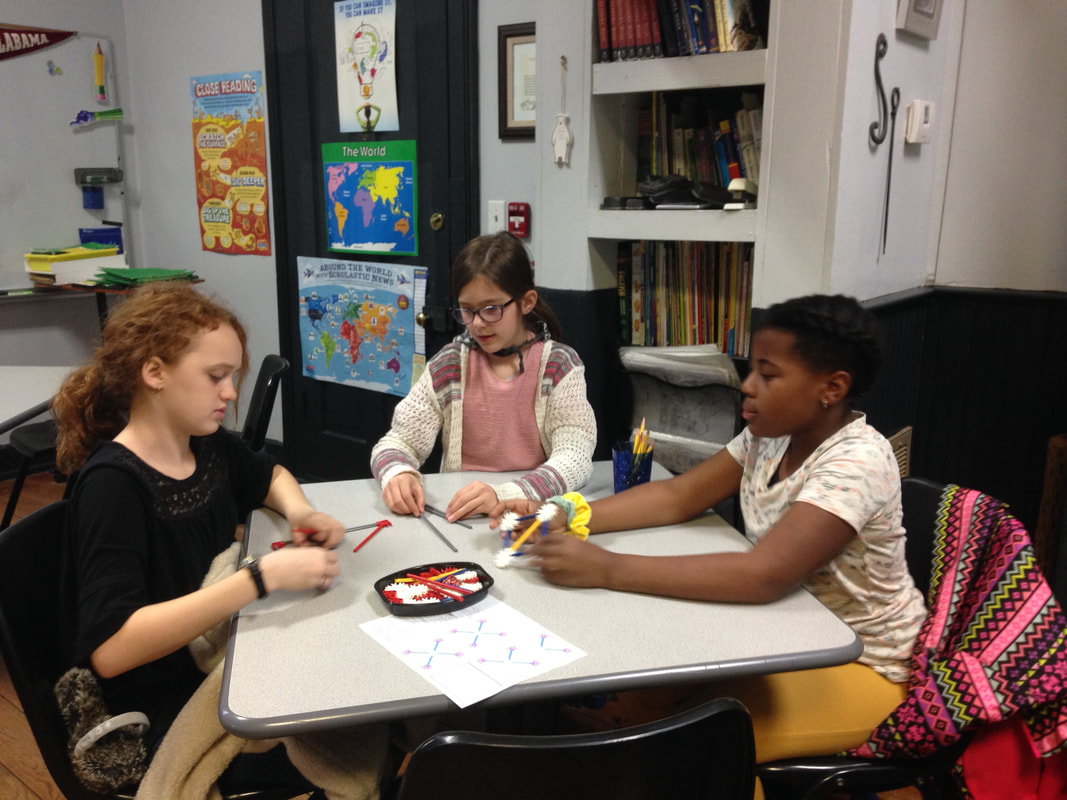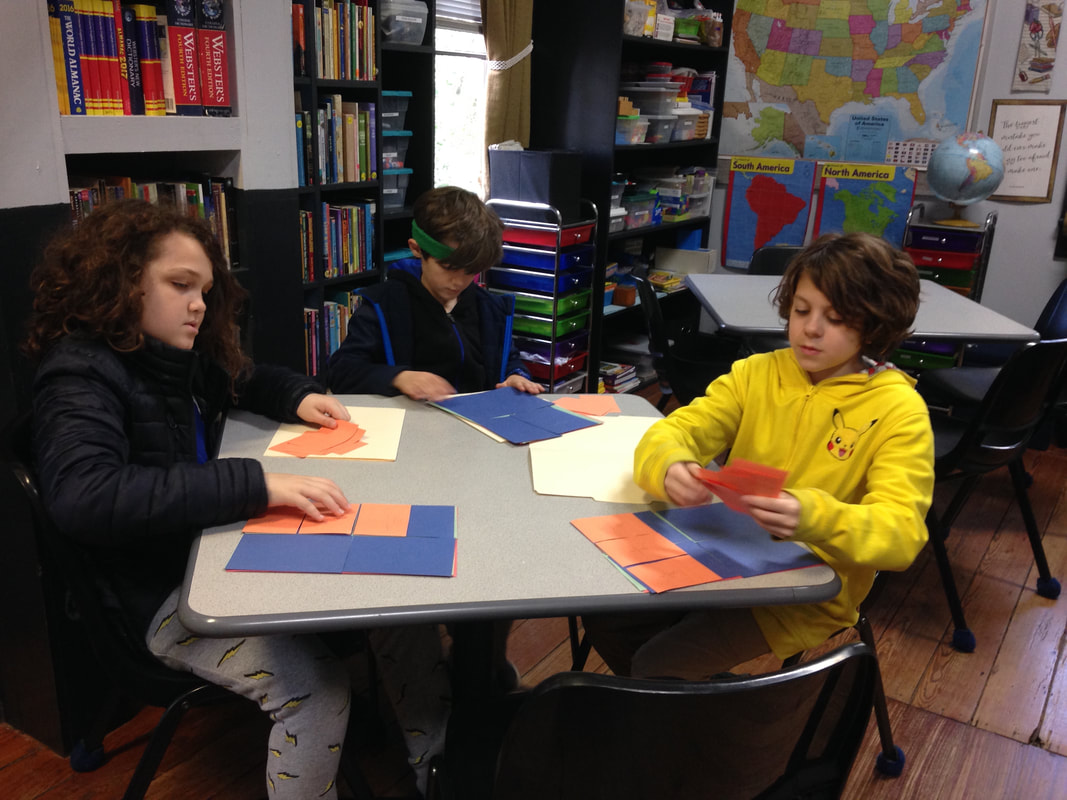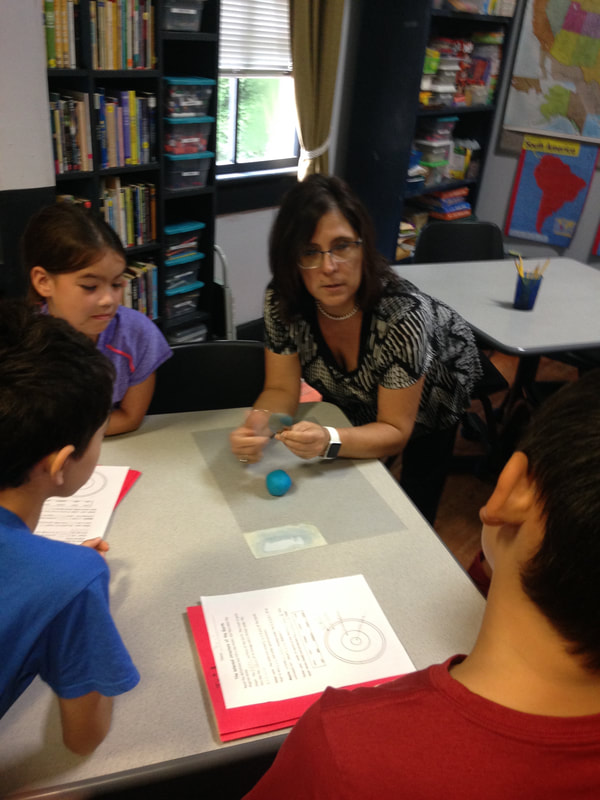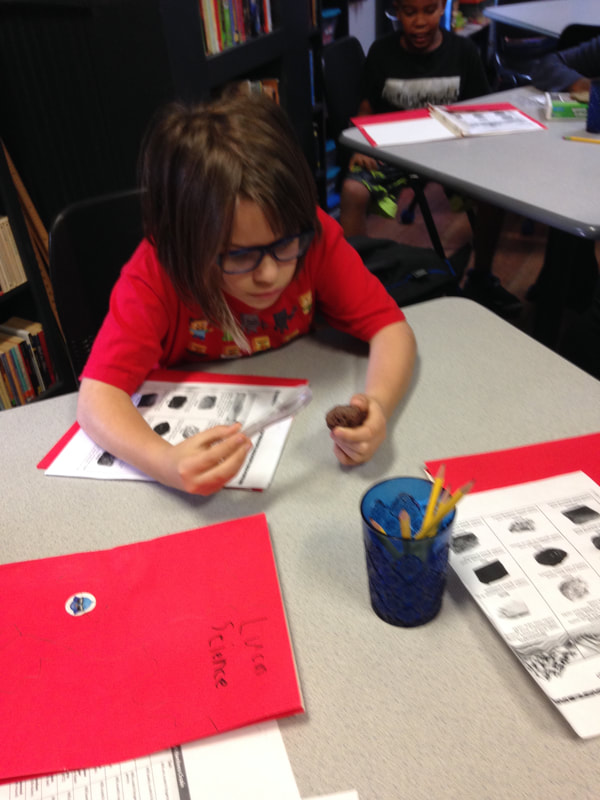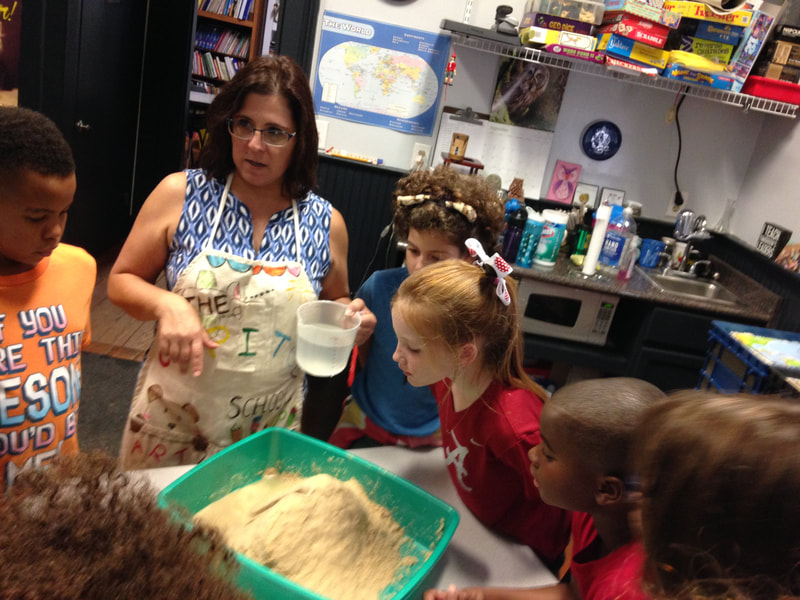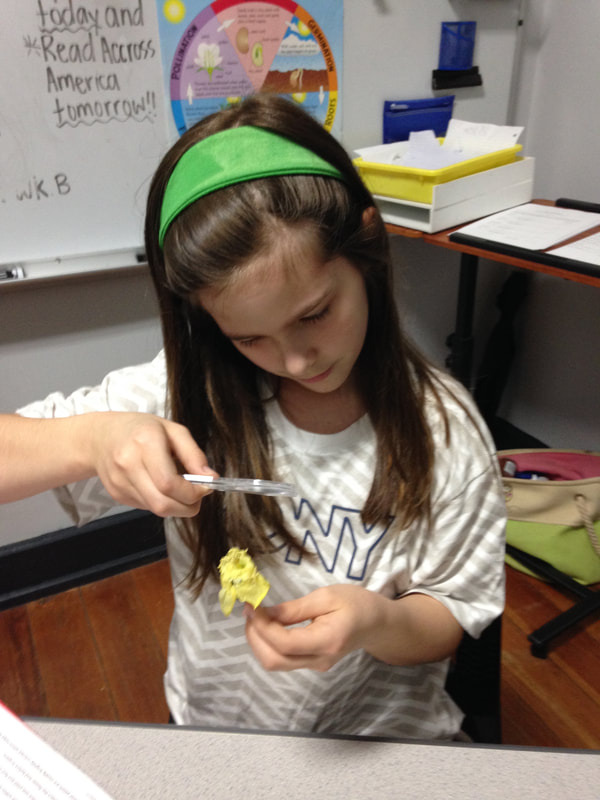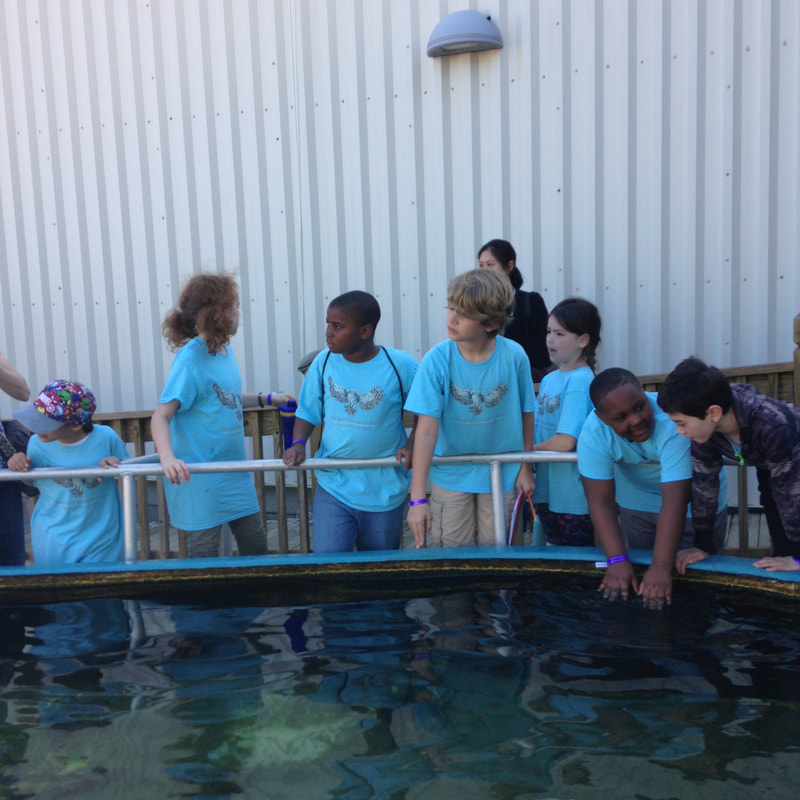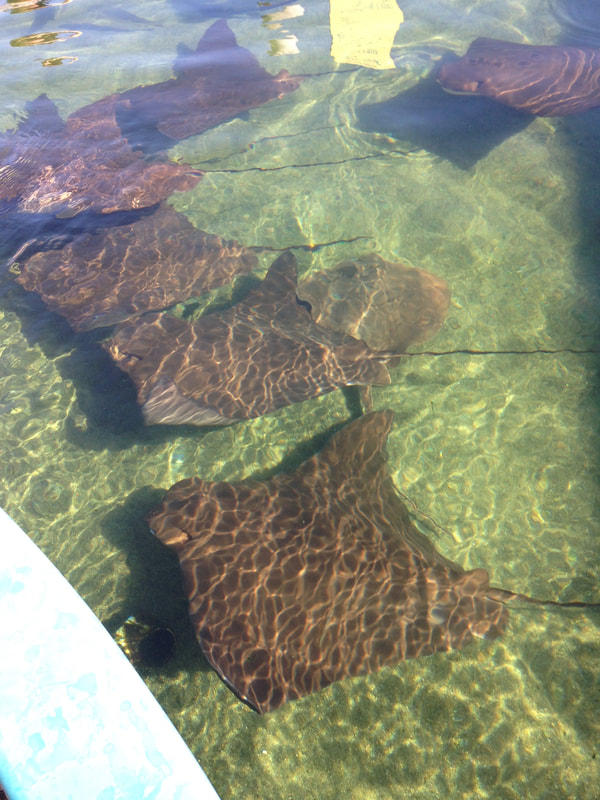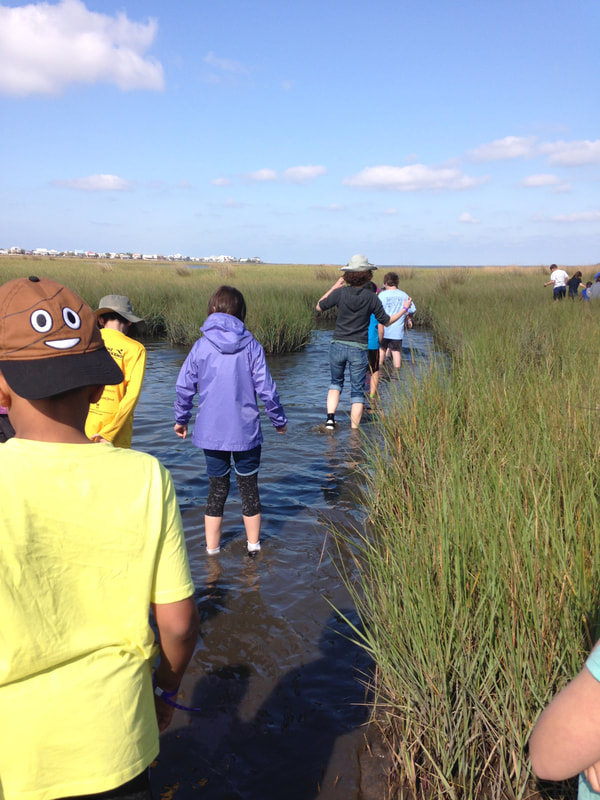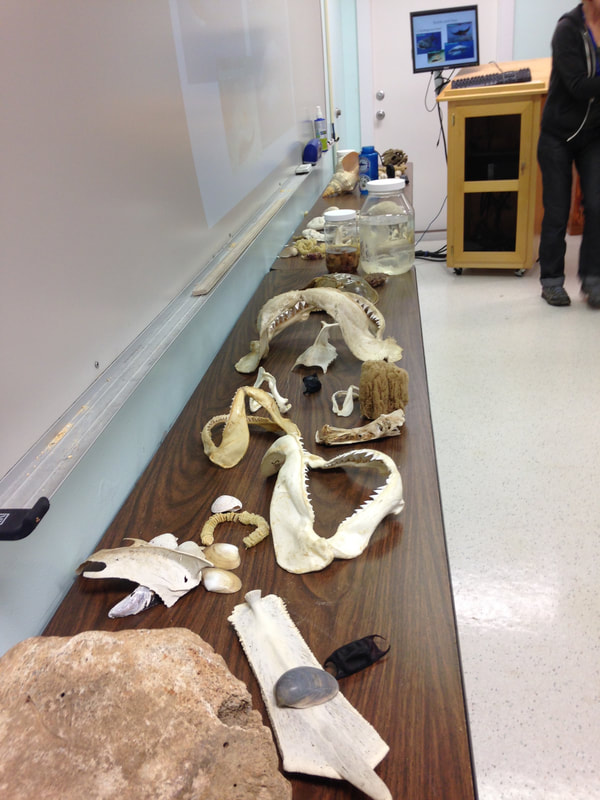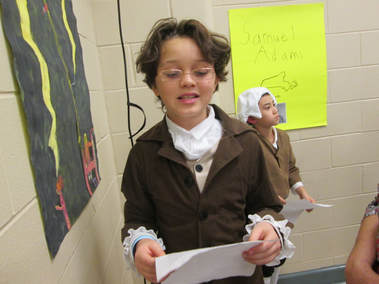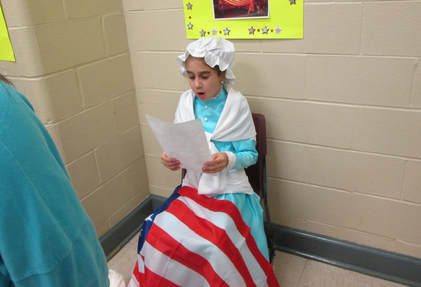Reading and Writing Instruction
- Students in this cluster read across the curriculum - in history, science and literature circles. Students read individually, in small groups and with larger groups for discussion and sharing opportunities.
- Literature Circles provide opportunities for students to read common texts - books of various genres - in small groups during the week. The texts provide the platform for close reading exercises and written responses in multiple forms.
- Writing takes place throughout the day as well. Each student has a private journal for responding to topics selected by the instructor.
- In history and science, students learn to take notes, make written observations, and create speeches of historical relevance.
- In literature circle, students practice writing skills as they respond to their text with predictions, summaries, opinions, vocabulary development and identification of text connections.
- Students also have the opportunity to work on narrative writing, informational writing, and persuasive writing during the year.
Math Instruction
- Math Objectives are taken from national standards for grades 4, 5 and 6.
Domains include the following:
- Operations and Algebraic Thinking
- Number and Operations in Base Ten
- Number and Operations—Fractions
- Measurement and Data
- Represent and interpret data
- Geometry
- Ratios and Proportional Relationships
- The Number System
- Expressions and Equations
- Statistics and Probability
- Make sense of problems and persevere in solving them.
- Reason abstractly and quantitatively.
- Construct viable arguments and critique the reasoning of others.
- Model with mathematics.
- Use appropriate tools strategically.
- Attend to precision.
- Look for and make use of structure.
- Look for and express regularity in repeated reasoning.
|
Math is taught in small groups and individually to allow for engaged learning that meets the needs of each student. Students regularly use hands-on materials to explore concepts and demonstrate mastery. Each student keeps vocabulary notes in a math journal. Students have a personal page on Khan Academy for individualized practice on multiple grade levels. Learners access this site on their classroom laptops and at home.
|
Science Course of Study
|
The Science Topics are on a two year rotation for the cluster. This year our topics include:
Earth’s Systems
Ecosystems
Earth & Human Interactions
Earth’s Place in the Universe
Matter
Molecules to Organisms
Spring trip to Dauphin Island is the culminating experience for this year’s curricula. We use NextGen national science standards to guide instructional planning for each unit of study. Learners practice scientific observation skills and learn about the scientific process through hands-on investigations and experiments. |
History & Geography Instruction
- The broad concepts of Alabama Studies and US History from 1500 - 1876 are presented over a two-year period.
- Early Alabama history is taught as a unit of study, and the remaining time periods include Alabama studies as a component.
- Current events are incorporated with regards to relevance and importance.
- Geography skills are built into both years of curriculum with a focus on US state and world geography.
- Each fall, this cluster presents an historical Wax Museum during the Capitol School Thanksgiving feast, where students dress and act the part of an important historical figure that coincides with the year’s historical period of study. This year, our Wax Museum is likely to be virtual.
Educating Responsible Citizens
We participate in advisory class each week with our guidance counselor. We have been using Mindfulness strategies with our students for two years to support our advisory classes through the international program known as Inner Explorer. Additionally, our students learn about kindness, focusing attention, responsibility and cooperation as integral parts of our programs all week.
Suggested Homework
- Students do their work in class - homework is informal and really just to reinforce skills in reading and mathematics.
- Students read from books or magazines of their choice for a minimum of 20 minutes each night.
- Students log the reading by title and time. Parents sign the log nightly.
- Logs are collected each week and quarterly the time is totaled for each student and recorded on a special reading certificate.
- Students practice math concepts on their individual page of Khan Academy each night for about 20 minutes.
- There is no homework suggested on weekends unless students want to read or practice math skills - if time permits.

